Memory
Memory is hard to strengthen, hard to hold on to
Particularly as we age
We’d like to improve as the years go by
When we go . . . be known as a sage
© Forrest W. Heaton June 2024
The Fourth P. Mary & I have promised our readers we will write about Poetry, Parks, and Planet. Within that framework, we try to select topics we feel have broad appeal realizing that some readers prefer say, parks, some prefer planet, and some may prefer poetry Where, then, does memory fit in? It doesn’t. Thus, we’ve decided to add a fourth “P” topic—People. Poetry, Parks, Planet, and People. We’ve been doing this all along. We’ve just not written about it . This seems to be a good time.
Improve? Memory is something most if not all covet, want to keep, and try to improve (some more than others.)
Restak. Dr. Richard Restak, George Washington Hospital University School of Medicine & Health, has written a book on improving your memory as you age. It is entitled “The Complete Guide To Memory: The Science of Strengthening Your Mind.” Restak has published more than twenty books on the topic of boosting memory and avoiding dementia.
Anxiety. Restak urges the patient/reader to cast off anxiety about the issue, achieve a level of calmness.
Dementia. Regarding the potential of our succumbing to a form of dementia as we age (a worry shared by more than a few), Restak advises: “I have never encountered in my many years of neurologic practice a patient with highly tuned memory skills who was suffering from Alzheimer’s disease or any other degenerative brain disease.”
Evolution. Regarding evolution, around 500 B.C., it was understood that the key principle of good memory was the “formation of mental images coupled with their orderly management . . . thinking in pictures.” This is still true today. Those in the past and Restak advise: “In order for the images to be remembered they should be as dramatic and exaggerated as possible.” And, Restak reminds us that “the brain operates using associative memory, where things are linked with one another via associations.”
Loci. One of the methods often used by ancient and current mnemonists is the method of “loci.” Restak helps the reader in how to perform this task.
Diet. Feed a “healthy brain” with a “good diet.” Avoid “sugary drinks, most pizzas, fruit juices, sweetened breakfast cereals, fried food, pastries, cookies, cakes, French fries, and potato chips.”
Beverages. Coffee and tea are OK. Restak advises his patients: “Abstain completely from alcohol at age 70 at the latest.”
Exercise. “Exercise.”
Sleep. “Good sleep improves the quantity and quality of all of the different types of memory.”
Sustained Practice. “A superior memory requires (sustained) practice.”
Harry Lorayne & Jerry Lucas. Yes, the Jerry Lucas basketball star of the NY Knicks! In 1974, Lorayne & Lucas wrote a book entitled “The Memory Book.” Although it includes some difficult tasks, overall you’ll find it perhaps the best book you can use to practice memory improving skills.
Lucas. “Believe me, if you read about these systems and actually apply them as you go, there is no limit to how great your memory can be.”
Lorayne. “I envy you the discoveries you’re about to make, the new areas you’re about to explore, the pleasure of learning and enjoying at the same time. I wish I were in your place right now.”
History of the Art. Yes, this is an art!
Association. “All memory, whether trained or untrained, is based on association.”
The link. “. . . what you’re doing when you apply it is linking one item to another, forming the links of a memory chain.”
Chapters. The three items above refer to the first three chapters in the book. There are 27 chapters in the book. Each of these chapters is an idea. You can apply each idea to the things you need to remember. Enjoy!

